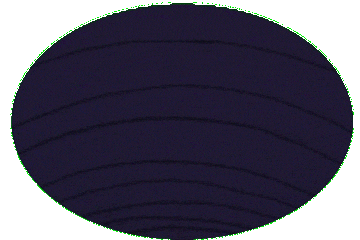Casino de Paris
The Casino de Paris (French pronunciation: [kazino d(ə) paʁi]), located at 16 Rue de Clichy in the 9th arrondissement, is one of the best-known music halls of Paris. It dates to the 18th century and is a performance venue, not a gambling house. The closest Métro/RER stations are Liège, Trinité–d'Estienne d'Orves, and Haussmann–Saint-Lazare. The first building at this location where shows could be mounted was erected by the Duc de Richelieu around 1730, while after the Revolution the site was renamed Jardin de Tivoli and was the venue for fireworks displays. In 1880 it became the Palace Theatre, which housed shows of different types, including wrestling. At the beginning of the First World War, the modern Casino de Paris began to take shape when the venue was converted into a cinema and music hall. After the war's bombardments interrupted performances, the revue format was resumed, one which lasted through a good part of the twentieth century. The hall has hosted performances by Mistinguett, Maurice Chevalier, Josephine Baker, Micheline Bernardini, Tino Rossi, Essi Moh, Line Renaud, Shakin' Stevens, A-ha, Carla Bruni, Violetta Villas, Georges Guétary, and Zizi Jeanmaire. Writers who have contributed work have included Serge Gainsbourg and Jean Ferrat; Yves Saint Laurent designed for the Casino in the 1970s, and poster artists have included Erté and Jules Chéret. The restaurant Le Perroquet is on the mezzanine of the foyer under the large glass roof of the Casino de Paris.
This article uses material from the Wikipedia article "Casino de Paris", which is released under the Creative Commons Attribution-Share-Alike License 3.0.
References
| Title | Summary | |
|---|---|---|
| Nilsson's Aerial Ballet | ... had premiered earlier at the Casino de Paris ... and at ... | |











